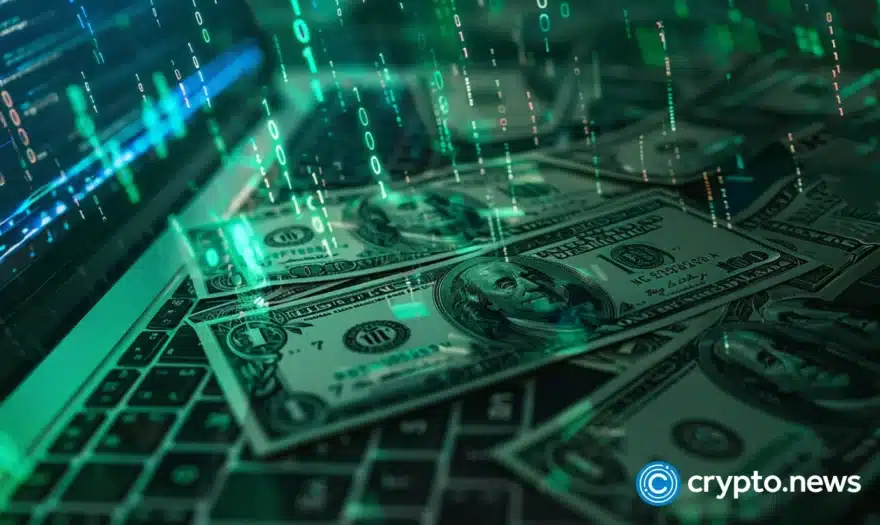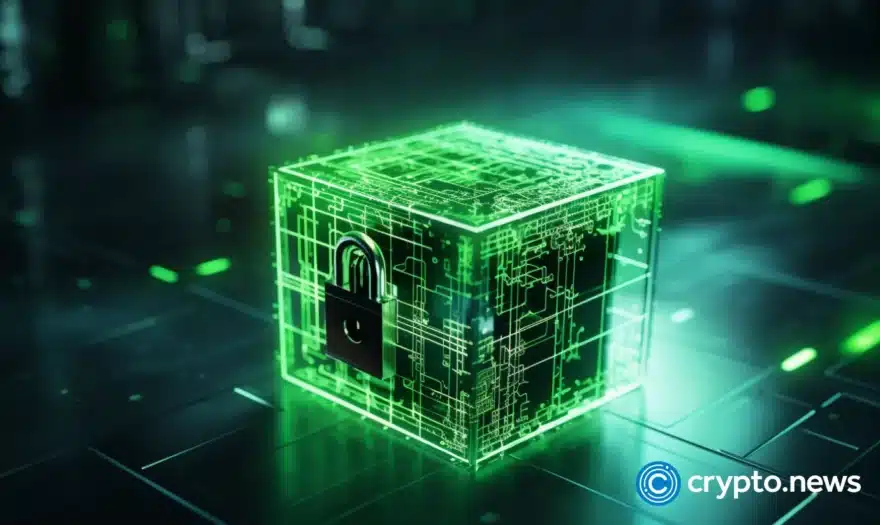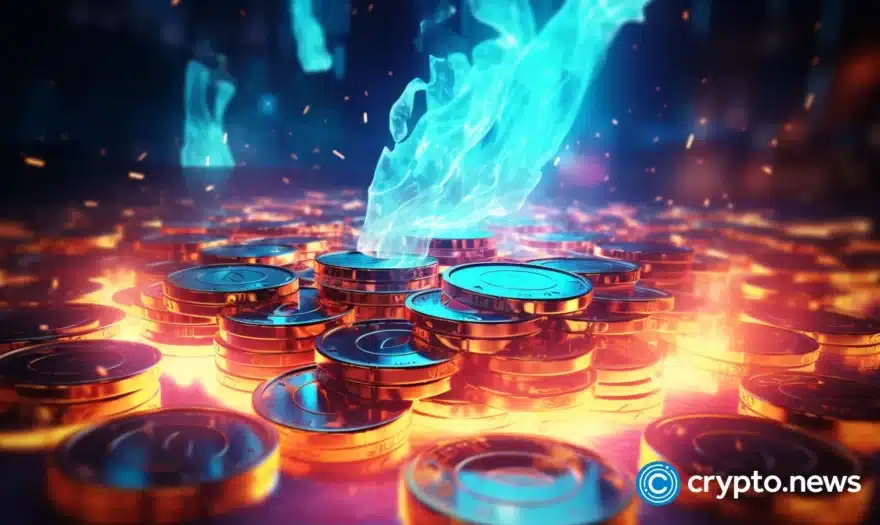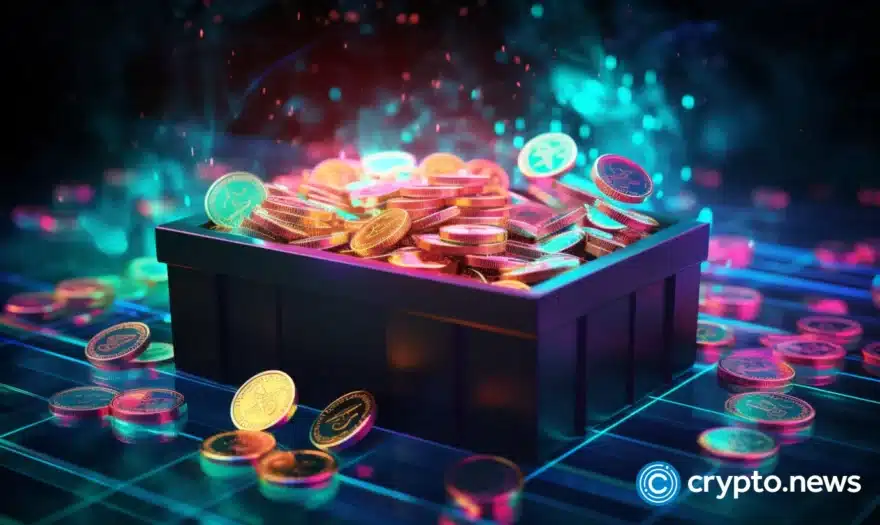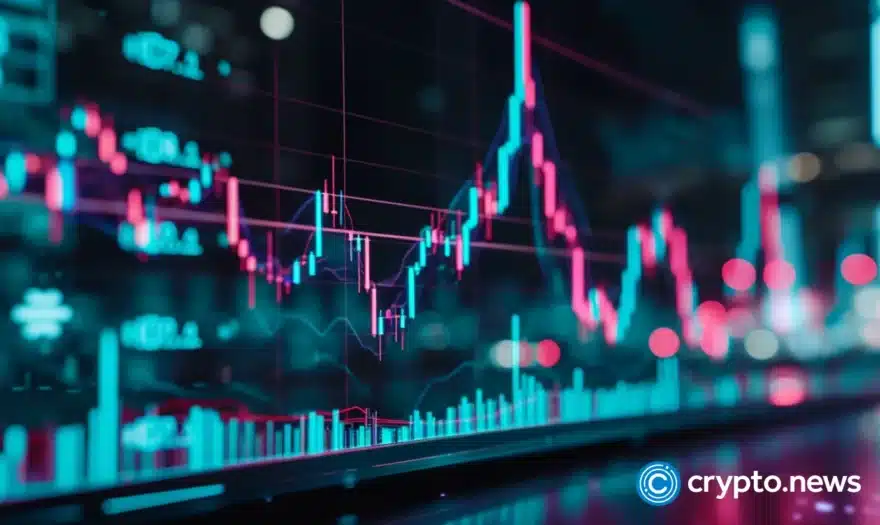Why the German Energy Industry Started to Love the Blockchain
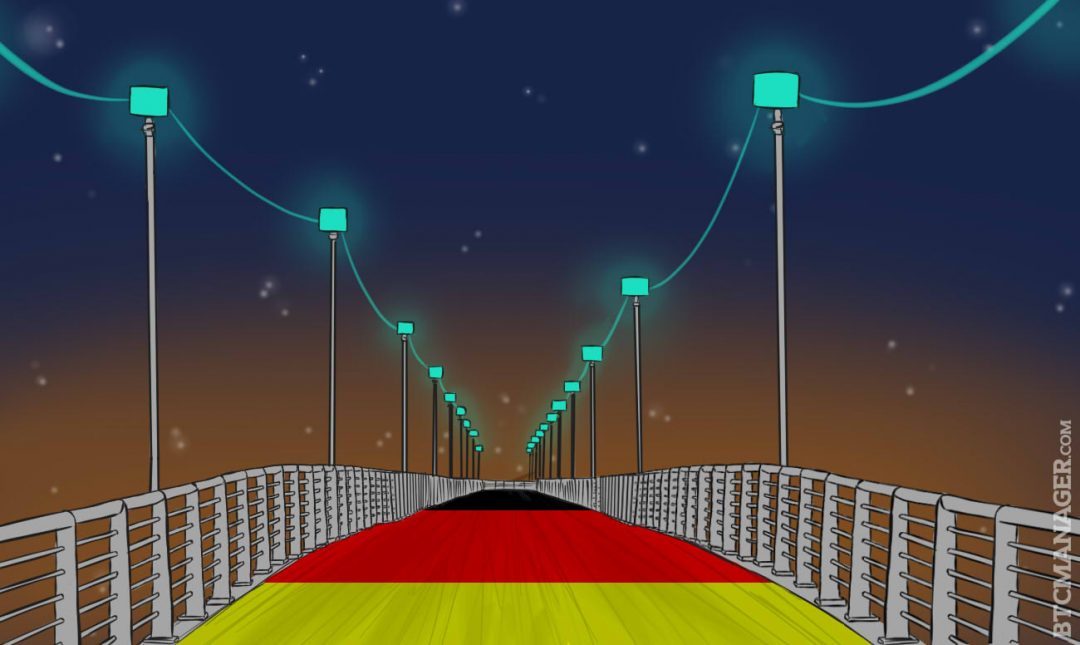
The German energy industry has caught Blockchain fever. More than 50 percent of the companies are planning a Blockchain project. But what do the energy companies expect from the technology? How do they think it will disrupt their industry? In this article, we will take a look at the ideas that are circulating and the first projects.
In most countries of the world it is the financial industry that jumps on the Blockchain bandwagon. They aim to build new financial products on the Blockchain, or to simply trade Bitcoin and other cryptocurrencies. In Germany, however, it is the energy industry that is falling for the Blockchain more than any other business sector.
Two examples; in late January the “Solarpraxis Neue Energiewelt” organized the second Blockchain day for the Energy world. This is a conference where industry insiders discuss how the Blockchain can help their business. It is the only periodic Blockchain conference in Germany. The interest might be huge, according to a study of German Energy Agency (dena) and the ESMT Berlin from 2016, which serves as the second example. The study interviewed 70 decision-makers of the energy industry, finding that two of three of them think that a further adoption of Blockchain technology is likely. Around 20 percent think the Blockchain is a key technology for a fundamental change of the market. Nearly 70 percent have heard of Blockchain, and more than 50 percent are planning to start or already operating a Blockchain project.
In no industry in Germany is the enthusiasm for the Blockchain as strong as in the energy sector. By far. But why? What does the energy industry expect of the Blockchain? How do they think this technology disrupts their market?
The first idea that comes to mind is that power producers can mine cryptocurrencies to profitably reduce over-production, a phenomenon that has become common due to the volatility of renewable energies. This is said to have happened already in China, where energy providers and miners cooperate, while in Germany nothing is known about such plans. The hope the German energy industry places on the blockchain is more delicate, more difficult to grasp, but at the same time more disruptive.
The Idea: Decentralize the Energy Market!
The most important impulse for what the blockchain can do for the energy industry has been a short study, delivered by PricewaterhouseCoopers for the consumer center of North Rhine-Westphalia, Germany’s most populated federal state. According to this study it “could be the energy providers which become superfluous as a middleman due to the digitization.” The so-called prosumers – consumers which produce and sell energy by themselves – “might have advantages when the Blockchain makes markets more simple and more direct. But also consumers of electricity and gas can benefit, when the Blockchain makes instances superfluous and thus energy cheaper.” All in all, the study says, the Blockchain has the potential to “seriously change the whole energy market in the long term.”
The basic idea goes like this; the German energy revolution, with its solar panels on every roofs, windmills and biogas units, decentralizes a formerly extremely centralized market for electricity. But while the technology and the actors have become more decentralized for some time, the market and trading has kept the old, centralized structures. The Blockchain should now enable the market to catch up and become decentralized too, with giving the consumer the option to directly buy energy from the producer instead of taking the roundabout way over central providers. The Blockchain, so the idea goes, can build a real market for energy, where the supply can flexibly react on the demand.
Microgrid and Conjoule: Blockchain as a Tool for Balance and Settlement
One example for this endeavors is the New York Microgrid of LO3, in which Siemens, one of Germany’s biggest tech company, participates. LO3 uses a Blockchain to enable local producers and consumers in New York to directly trade energy, so that an owner of a roof with solar cells can sell the energy directly to say a local hospital.
In Germany, Conjoule goes in the same direction. It is a project of Innogy, the innovation hub of German energy giant RWE and Consensys, an Ethereum-startup from New York. “Wouldn’t it be great, if we could buy our energy from our neighbour?” the website asks, “with our platform you, as a consumer, can buy renewable energy from your neighbourhood or, as an owner of a photovoltaic plant, sell energy to near companies or institutions. This is how we make the energy market easier and more transparent.” Conjoule aims to become the onliest platform that is between producer and consumer. In mid 2016 a pilot project started that provides local energy to a school and a waterworks.
Sure, it will be good for the German energy market if middlemen are cut out. But what is the role of the Blockchain? Franziska Heintel of Innogy explains in an email: “In a first step we use the Blockchain as a medium to save energy certificates. This means we save the forecasted, produced and consumed amounts of energy of our participants. In a second step we add settlement-relevant data to the kWh based roadmaps.”
Unfortunately Madam Heintel is in a hurry. So she cannot tell for now, why such data needs to be stored in a Blockchain instead of a good old MySQL database or, if it needs to be decentralized, in the Interplanetary File System or any other kind of database which does not comes along with the scaling-problems and the inconvenience of a blockchain. Maybe we will get later back to this topic.
The approach of Conjoule however is exactly how the German energy industry aims to use the Blockchain to decentralize the energy market: as a decentralized storage for data.
Blockchain Token Proves the Individual Consumption of Green Energy
Another current project uses the Blockchain as an independent archivist too. The “Stadtwerke Energie Verbund SEV”, a consortium of eight municipal utilities in North Rhine-Westphalia, recently announced to implement “GrünStromJetons” in its meters.
The idea is simple and based “on the usage of Smart Meters to record the energy consumption on an hourly basis, and the Ethereum Blockchain to save the consumption-data.” The energy consumption is metered, compared with a green energy index, to find out how “green” it is, and then the consumer gets GreenEnergyJetons for its green energy consumptions. The Jetons are a token based on Ethereum. They are “the direct and irrevocable proof of the individual consumption of eco-friendly produced electricity.”
Why you need a Blockchain to record such an information, which is a direct result of the metering of the consumption, remains unclear, again. As does the necessity of the StromDAO. This project tries to create an “energy provider to participate.” Producers and consumers should come together, build the DAO and develop “new electricity-products”. What the advantages of this form of organization is, and why they outweigh the known disadvantages – like legal uncertainty, the risk of bugs and the dependence on developers to assess a contract – is hard to explain.
Despite those open questions, it can be said that the German energy industry goes bravely and ambitiously up to the Blockchain. It ignores the successful applications – like payment or the transformation of energy to money with mining – and bears down on the idea of using the Blockchain as a new kind of decentralized cloud storage which can cut out trusted third party middlemen. If this makes sense, technically and economically, has to be shown. But it seems to meet with a strong demand of the energy industry to explore new, more decentralized avenues.




